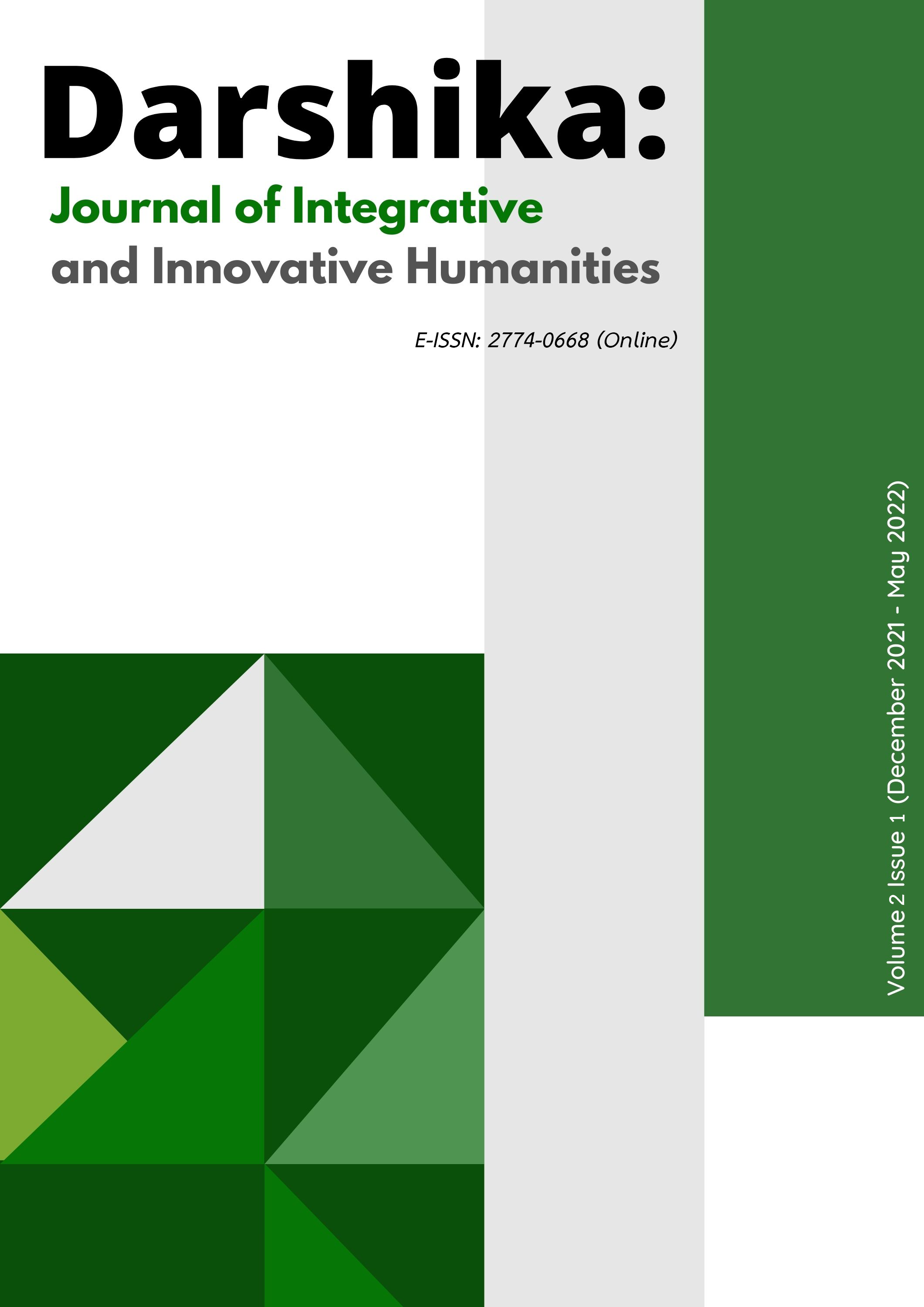The Humanities, Interdisciplinarity, and the Mission of the University
Main Article Content
Abstract
It is almost an overly tired cliché to say that the humanities is now in crisis. As the group of academic disciplines that many perceive to be ‘useless’ or ‘incapable of generating income,’ the humanities have received severe criticisms and actual cutbacks or neglects not only in universities in the west (e.g., Weal, 2021; Bakare and Adams, 2021), including Japan (Jenkins, 2015), but also in Thailand (นาควัชระ, BE 2538). It seems that the talk about the humanities being in crisis is almost as old as the study of the humanities in the modern university itself. Talks about the crisis in the humanities came to the fore as early as the 1960’s and has remained largely unabated ever since. During the first quarter of the twenty-first century, things have been made more serious by the transformation of universities, including those in Thailand, under the influence of the neoliberal ideology. Traditionally conceived of as the place where inquiries into the nature of the physical world, the human society and values, among others, are investigated, the university is being threatened to become merely an arm of the business corporations, where the traditional inquiry is shadowed by the need to supply graduates to the corporations. In other words, the university is under a threat to become a business on its own, generating revenue through its services and products, namely the graduates, to the business world. There is nothing inherently wrong in this, as we shall see in the paper, but we need to find a balance between the traditional inquiry, which obviously includes the works of the humanities departments, and its services to the business sector, as well as to the government and society at large.
Apart from the talks about the humanities being in crisis, another type of common talks among the academic circles is those about interdisciplinarity. Calls are being made continuously about the need for academic disciplines to work together across the traditional disciplines. The rationale is that today’s problems have become hugely complex, eluding the attempts of single academic discipline to tackle effectively. Interdisciplinary teaching programs are in vogue, as with double or joint degree programs either across various schools in the same campus or across universities. However, for scholars to work together effectively across disciplines numerous difficult challenges must be met, not least among which are the different cultures that are inherent in different disciplines themselves. This is not to mention the equally difficult task of calibrating diverse administrative challenges when disciplines that are to work together belong to different administrative units within the university.
Perhaps we can talk about there being two crises, the first one pertaining to the humanities, and the second on the interdisciplinary challenges. However, I think these two discourses are in fact symptoms of one single underlying cause, and once we fully grasp it, perhaps a way toward a solution of these problems could be found. What I would like to aim for in this paper, then, is that a lasting solution of the problems besetting the humanities, and consequently the university, would not be viable if we did not address these two domains together. That is, a solution to the crisis in the humanities must include a recognition of the importance of interdisciplinarity. I will further argue that the solution proposed here fulfills
the mission of the university. In other words, fulfilling the mission of the university, usually conceived of as consisting of teaching, research, and community service, would not be possible unless the humanities and interdisciplinary effort are taken into consideration. These traditional three roles of the university, furthermore, do not exist in a vacuum. As the university is a part of society, these three roles are essential for the healthy continuation of society itself as well as its flourishing.
Article Details

This work is licensed under a Creative Commons Attribution-NonCommercial-NoDerivatives 4.0 International License.


